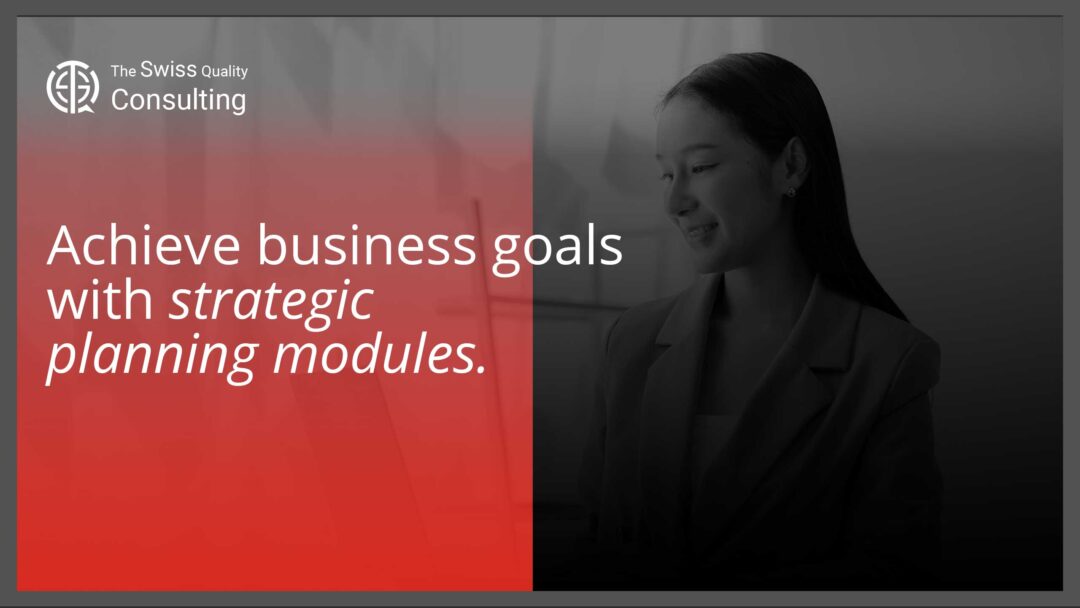Enhancing Customer Responsiveness through Modular Features: A Key Strategy in Adapting to Customer Needs
Introduction
In an ever-evolving business landscape, adapting to customer needs is crucial for maintaining competitiveness and relevance. This article discusses how modular features play a pivotal role in catering to diverse customer requirements, ensuring business success for executives, mid-level managers, and entrepreneurs.
The Importance of Customer-Centric Adaptation
In today’s dynamic and ever-evolving business landscape, the ability to adapt to customer needs is not merely about meeting expectations; it’s about proactively anticipating and responding to changing preferences and requirements. In this era of heightened customer expectations and rapidly shifting market trends, businesses that excel in adaptability are those that can seamlessly integrate flexibility and customization into their products and services. Modular features, in particular, have emerged as a powerful tool for achieving this adaptability, empowering organizations to tailor their offerings to the unique needs and preferences of their diverse customer base.
Traditional product development approaches often resulted in rigid, monolithic offerings that failed to account for the wide spectrum of customer needs and preferences. Modular features, on the other hand, introduce a paradigm shift in product design, enabling businesses to create products and services that are inherently flexible and adaptable. These modular components, often in the form of interchangeable parts, plugins, or add-on modules, empower customers to personalize their experiences, choose the features that best suit their specific needs, and adapt their products or services as their requirements evolve.
The benefits of embracing modular features extend beyond customer satisfaction; they foster innovation and competitive differentiation. By adopting a modular approach, businesses can accelerate product development cycles, introduce new features and functionalities rapidly, and respond promptly to emerging market trends. This agility allows organizations to stay ahead of the competition, continuously refine their offerings, and maintain a competitive edge in a dynamic marketplace.
Moreover, modular features enable businesses to leverage economies of scale and reduce development costs. By utilizing standardized components and shared platforms, organizations can minimize the need for redundant development efforts, optimize resource utilization, and reduce overall product costs. This cost-effectiveness translates into lower prices for customers, further enhancing the value proposition of the modular approach.
In essence, modular features have revolutionized the way businesses approach product development and customer engagement. By embracing modularity, organizations can create products and services that are not only adaptable to evolving customer needs but also scalable, cost-effective, and continuously evolving. As businesses continue to navigate the complexities of today’s market, modular features will undoubtedly remain a cornerstone of adaptability, innovation, and sustainable growth.
Customization as a Competitive Advantage
Offering modular features provides a significant competitive advantage, enabling businesses to cater to a broad spectrum of customer preferences and creating a personalized user experience.
Role in Change Management
Incorporating modular features in business strategies is essential in change management. As markets evolve, so do customer needs, and businesses must be agile enough to respond to these changes swiftly and effectively.
Navigating Market Dynamics with Agility
Embracing modular features enables businesses to quickly adapt their offerings to meet new market demands, ensuring they stay ahead of the curve.
Impact on Executive Coaching and Leadership
Leadership plays a critical role in successfully adapting to customer needs. Executive coaching often emphasizes the importance of understanding customer behavior and trends, and how to effectively implement modular features in business strategies.
Leading with a Customer-First Approach
Leaders are coached to adopt a customer-first approach, focusing on flexibility and adaptability to meet diverse customer requirements effectively.
Effective Communication in Customer Engagement
Effective communication is vital when adapting to customer needs. Clearly articulating the benefits of modular features helps in engaging customers and enhancing their overall experience with the brand.
Building Strong Customer Relationships
Transparent communication about the customizable aspects of products or services fosters trust and strengthens customer relationships, leading to increased customer loyalty and satisfaction.
Generative AI in Enhancing Customer Experience
Generative Artificial Intelligence (AI) is revolutionizing the way businesses adapt to customer needs. AI can analyze customer data to identify trends and preferences, aiding in the development of more effective modular features.
Innovating for the Future with AI
Generative AI offers innovative solutions for creating modular features that are not only responsive to current customer needs but also predictive of future trends.
Conclusion
In conclusion, adapting to customer needs through modular features is essential for businesses looking to thrive in a dynamic market. By embracing flexibility and innovation, companies can meet diverse customer demands, ensuring long-term success and customer loyalty.
#CustomerAdaptation, #ModularFeatures, #BusinessInnovation, #CustomerCentricity, #AIinBusiness









